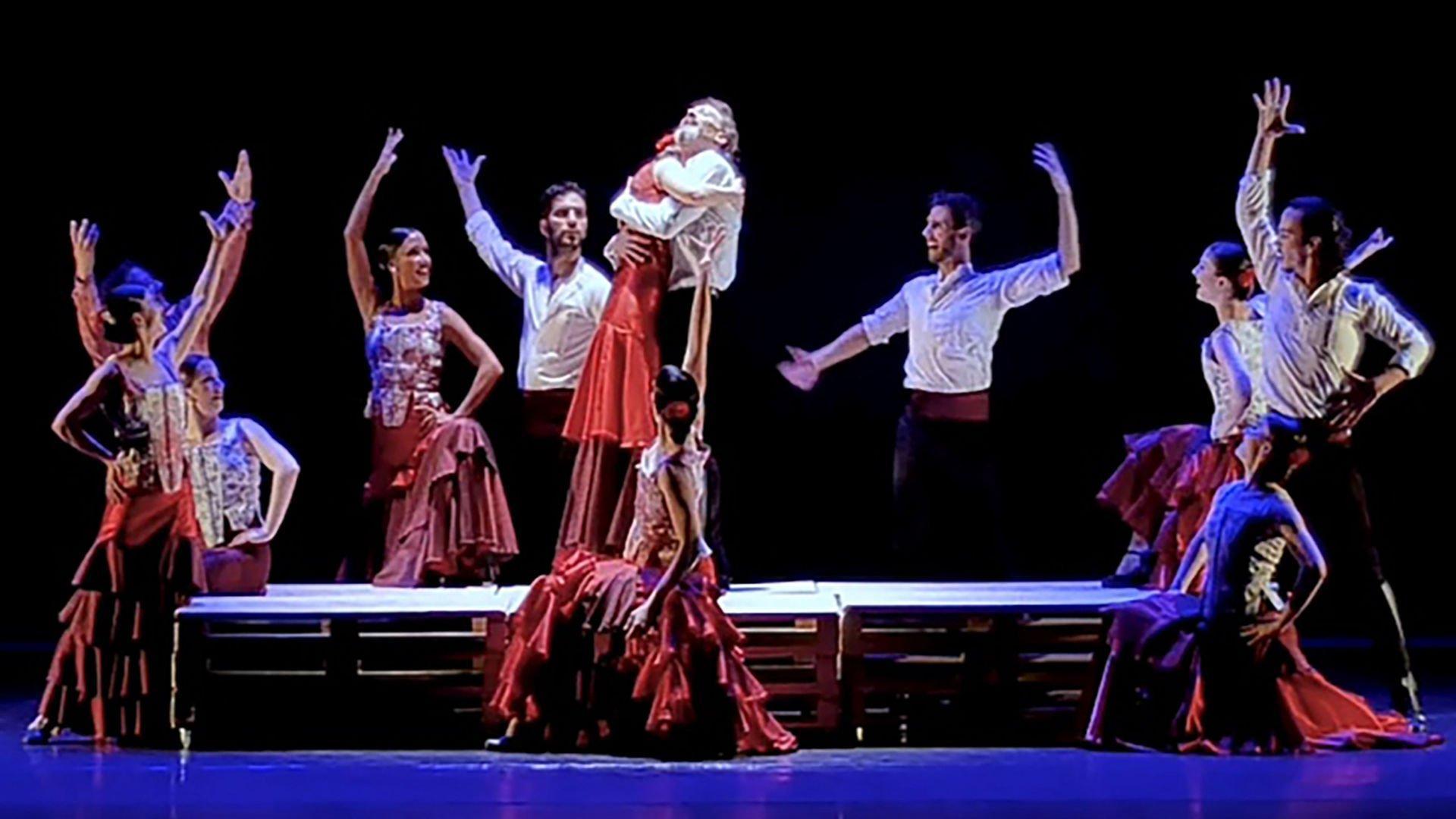
A show adapted for the stage from Miguel de Cervantes’ immortal piece “Don Quixote” will meet with the audience on Oct. 16 at Istanbul’s Cemal Reşit Rey (CRR) Concert Hall with the performance by Spanish José Huertas Flamenco Ensemble.
Describing Don Quixote’s emotional world with music and costumes reflecting Spanish folklore, the show will be staged for the first time in Turkey.
At the age of 24, Huertas joined Antonio Gades, one of the idols of Flamenco who died in 2004, and became the principal dancer a year later. He founded his own company in 2002
The shows he prepared were staged in prestigious halls of Europe as well as Spain. Besides being a dancer, choreographer and artistic director, Huertas has been teaching at the Malaga Conservatory since 2009.
Ahead of the show in Istanbul, Huertas answered some questions.
Q: What are your very first memories of dancing? How was your childhood environment? Were dancing and music a part of your family and life?
A: My first memories of youth are from Barcelona, the city that took me in after I emigrated from Andalusia. That’s where I started my first dance steps with José de la Vega at the Theatre Institute.
Q: When did you first realize that being a dancer would be your life path? Have you ever imagined an alternative life scenario in your mind?
A: I always knew that the world of dance is my way of life, but I also understand and acknowledge that it is only a job. On stage, I am José Huertas, and in everyday life, I am José.
Q: How did you fall in love with Flamenco? How was that very first crush?
A: Not only Flamenco, all kinds of arts I like. The stage is a kind of vital need in my daily life. It’s an inseparable part of my days; my work is my reason for existing.
Q: Could you please give us some insight into your creating process? How do you create your shows?
A: Everything comes from a small idea, which with a lot of work and a lot of thinking matures and is elaborated with a lot of love, thanks to my team that helps me, otherwise, it would be impossible. Above all, I have to thank my right hand, Marta Fernández.
Q: How do you explain the show “Don Quijote” for us? What has inspired you while creating the choreography? How do you interpret the life of this noble cavalier?
A: My version of ‘Don Quixote’ is based on a thought about the figure of Don Quixote who, in history, has remained a lonely man immersed in his madness. But, given the evolution, or not, of humanity, it could be that the character created by Cervantes was not crazier than any of us, only that he shaped in his Hidalgo all the reflections of that which, now, we call emotional growth, giving way to look and see the reality that in every moment our thought creates. Perhaps Don Quixote wanted to see monsters where there were windmills to overcome his fears; perhaps Don Quixote sought, in his beloved wife, the purity of love; and perhaps Don Quixote wanted to show himself as a madman so that he could live in his sanity and his gaze on life. And surely, he found, in his faithful companion Sancho, his inner voice, which accompanied him on the path of his delirious life full of chosen reasons. We will dance then, the life of this Hidalgo Caballero, as the people dance: Celebrating, laughing and singing the desired path.
Q: You have worked with many important names such as Antonio Gades, Aida Gomez and prominent companies. How do these experiences contribute to your career?
A: Of course, I feel very grateful and lucky to have worked with many professionals, but who totally marks my career is my teacher and artistic father is Antonio Gades, I feel his Artistic Continuator, that has its responsibility, but I have no other way of seeing things.
Q: You’re touring all around Europe and performing. Which country and audience mesmerize you the most?
A: Flamenco and dance, in general, fascinate all audiences. In Spain, the same thing would have to happen, but the Flamenco is universal.
Q: Do you have any messages for the Turkish audience? How do you feel about your coming Istanbul show? Do you have any impressions about Turkey?
A: It is not the first time that I work in Turkey. I love its culture, its gastronomy and its people; it is a fantastic land.
Q: You are identified with your ethical principles and relentless fight to perpetuate the ideals and knowledge for the younger generation. So what do you advise to the younger generation, future dancers, or people who would like to learn Flamenco?
A: The most important thing is to defend your profession and the young people who learn from everything and seek their teacher; it will be their way. I found it.